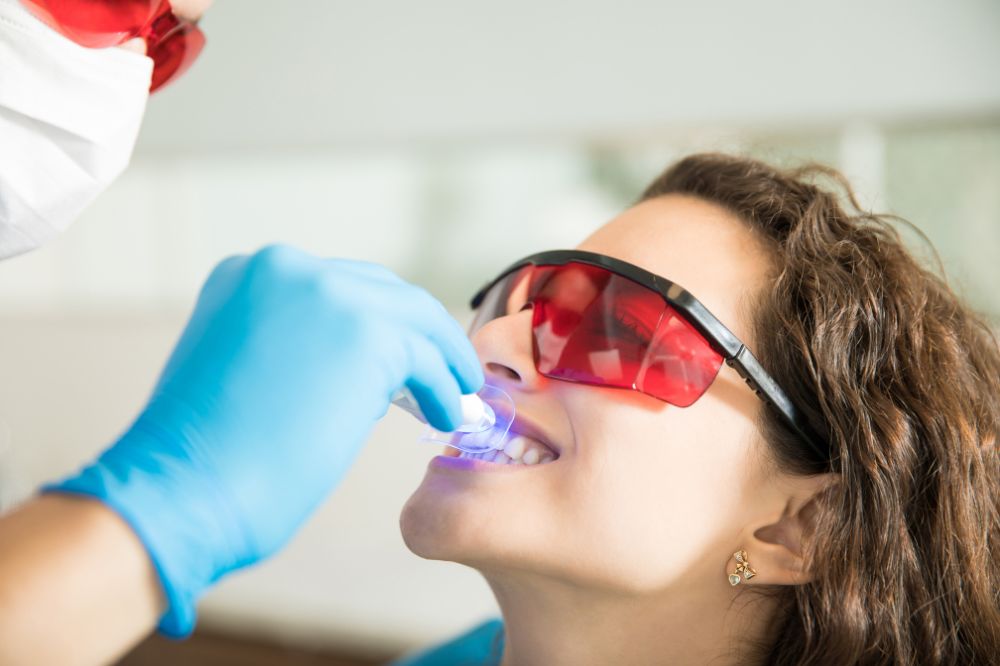
A root canal is designed to remove pain, not increase it. Yet, most people experience some discomfort afterward and question whether something has gone wrong.
If you’re in search of root canal treatment near you, be aware that some level of pain is normal during recovery.
Knowing why your tooth is sore after a root canal can put your mind at rest and speed up the recovery process.
Why Pain Occurs Following a Root Canal
A root canal extracts contaminated pulp within the tooth. Although the infection is removed, the tissues surrounding the tooth also need some time to heal. This can result in pain or sensitivity when you bite or chew.
Other reasons for pain that are common include:
- Swelling of the surrounding gum tissue
- Inflammation due to dental instruments used in treatment
- Minor bruising within the jawbone
- A temporary filling that is placed too high and puts pressure
This discomfort typically resolves on its own within a few days, but if the pain gets worse, it might need some attention.
When to Call an SW Calgary Dentist
Mild pain is normal, but aching or throbbing pain could indicate an issue. An SW Calgary dentist can check if the tooth has complications such as a missed canal, an infection that didn’t fully clear, or a cracked root.
Indications that you should call immediately:
- Swelling that doesn’t subside
- Pain that continues for more than a week
- Fever or foul taste in your mouth
- Pain that worsens rather than improves
Your dentist may reshape the bite, prescribe medicine, or suggest further treatment if needed.
How a Dental Clinic Near You in Calgary SW Can Assist
If pain is affecting your daily activities, a visit to a dental clinic near you in Calgary SW can be helpful. These clinics use the latest imaging equipment to test the treated tooth and ensure no infection exists.
There are possible treatments to choose from:
- Bite adjustment to reform the filling or crown such that it fits properly
- Medication and antibiotics for residual infection or more intense pain relief
- Follow-up process is necessary in exceptional instances, to retreat the root canal
The earlier you come, the sooner you’ll be pain-free.
What are Some Self-Care Advice for Pain Following a Root Canal
Between your appointments, you might alleviate pain at home with the following few easy measures:
- Take over-the-counter pain medication like ibuprofen or acetaminophen (only as instructed).
- Eat soft foods, such as yogurt, mashed potatoes, or soup.
- Rest your head with elevation to minimize swelling.
- Apply a cold compress on the outside of your cheek to alleviate pain.
How Long Does Pain Typically Last?
- Mild soreness: 1–3 days following treatment
- Moderate sensitivity: 1 week or less
- Severe or worse pain: over 7 days (requires dental attention)
Pain Level | Typical Duration | What to Do |
Mild ache | 1–3 days | Manage with OTC painkillers |
Moderate pain | Up to 1 week | Monitor and use home remedies |
Severe pain | Beyond 7 days | Visit a dentist immediately |
Wrapping Up!
Pain after a root canal can feel frustrating, but it’s a part of the healing process. It is important to know the difference between normal discomfort and signs of a problem.
If you are experiencing continued pain, our team at Glamorgan Dental is here to help you get the care you need in a comfortable setup.
Book an appointment with our team today.
FAQs
How long will my tooth hurt following a root canal?
The majority of individuals experience mild soreness for 1–3 days, with some sensitivity persisting for as much as a week. If the pain increases or persists beyond 7 days, you should call your dentist.
Is swelling common after a root canal?
A small amount of swelling is to be expected, but if it persists or worsens, it may indicate that the infection persists. We recommend that you visit a dentist immediately.
Can pain following a root canal indicate that the treatment has failed?
Not necessarily. Some discomfort is inevitable as the tooth heals, but if the pain is sharp, throbbing, accompanied by swelling and fever, your dentist may have to test whether another treatment should be done.






